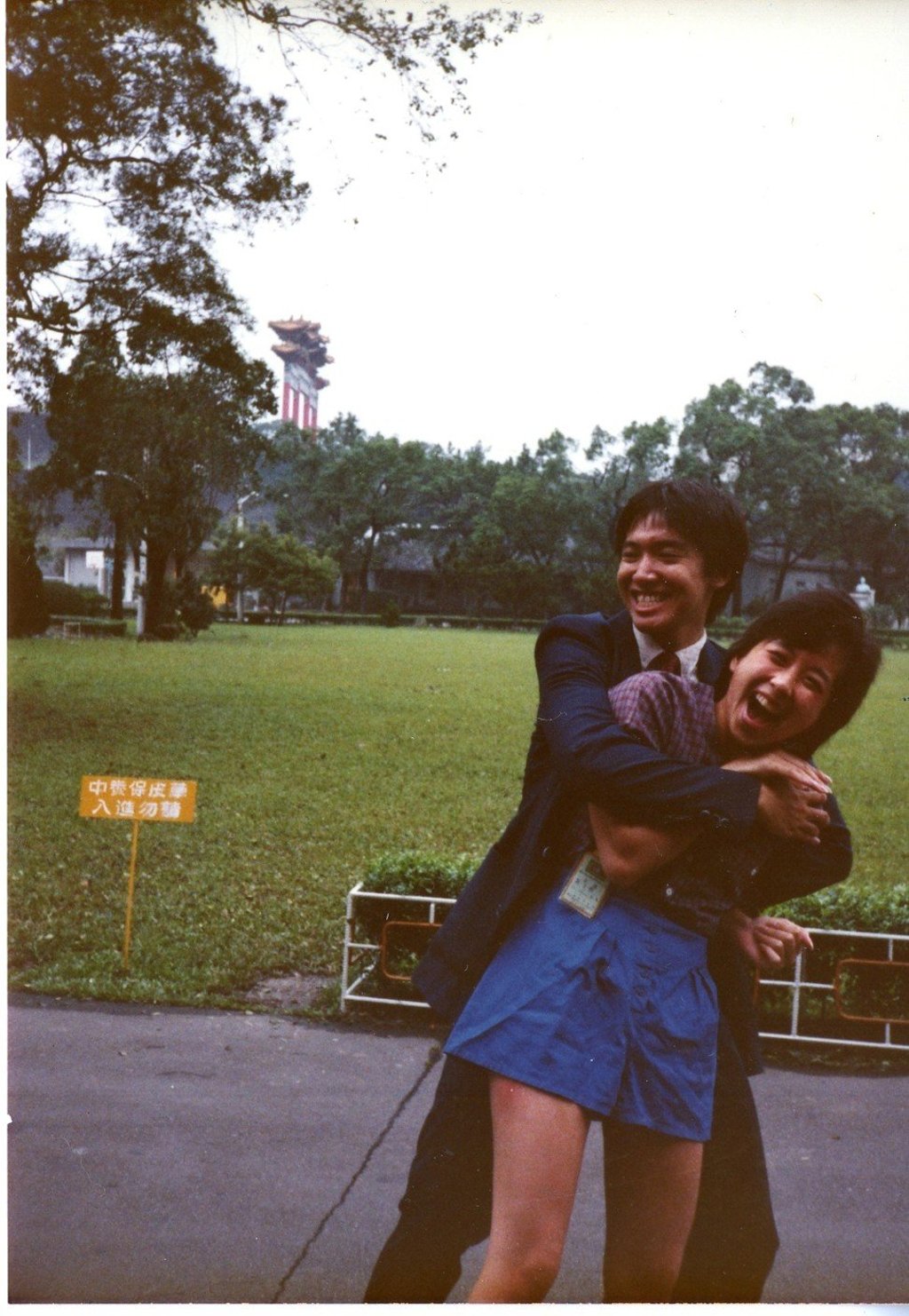Taiwan’s ‘Love Boat’ summer camps for Chinese Americans and Canadians – a lesson in partying and soft power
- There was no boat involved. It was a camp for Chinese-American and Chinese-Canadian youngsters, nicknamed for the romances it could ignite
- Running since 1967, hundreds of young people annually would travel to Taiwan to learn about their heritage for six weeks – and maybe have a fling

For participants aged 18 to 23, the Overseas Compatriot Youth Formosa Study Tour had a far more romantic nickname. Dubbed the “Love Boat” in honour of the 1970s TV sitcom, it offered Chinese-Americans and Chinese-Canadians a chance to learn more about their heritage in Taiwan for six weeks in the summer.
In its heyday, hundreds of young people signed up, got to know each other, and, in some cases, later tied the knot. There was culture but also memorable drunken revelry. Despite its nautical nickname, there was never an actual cruise ship involved.
Valerie Soe remembers it being hot during her 1982 trip. The island was still under martial law (until 1987) and locals got around Taipei on scooters because the subway had not yet been built.
“I’d see five people on a scooter – an entire family, and no helmets, either,” recalls Soe, who was then studying at University of California, Los Angeles.

Now 57, Soe had been keen to learn more about her roots, having grown up in Pinole, a mostly Caucasian suburb 30 minutes outside San Francisco.
“I didn’t speak any Mandarin as I am fourth-generation Chinese-American and my family spoke Toisan, a dialect [from China’s southern Guangdong province] that would have been completely useless in Taiwan,” she says.